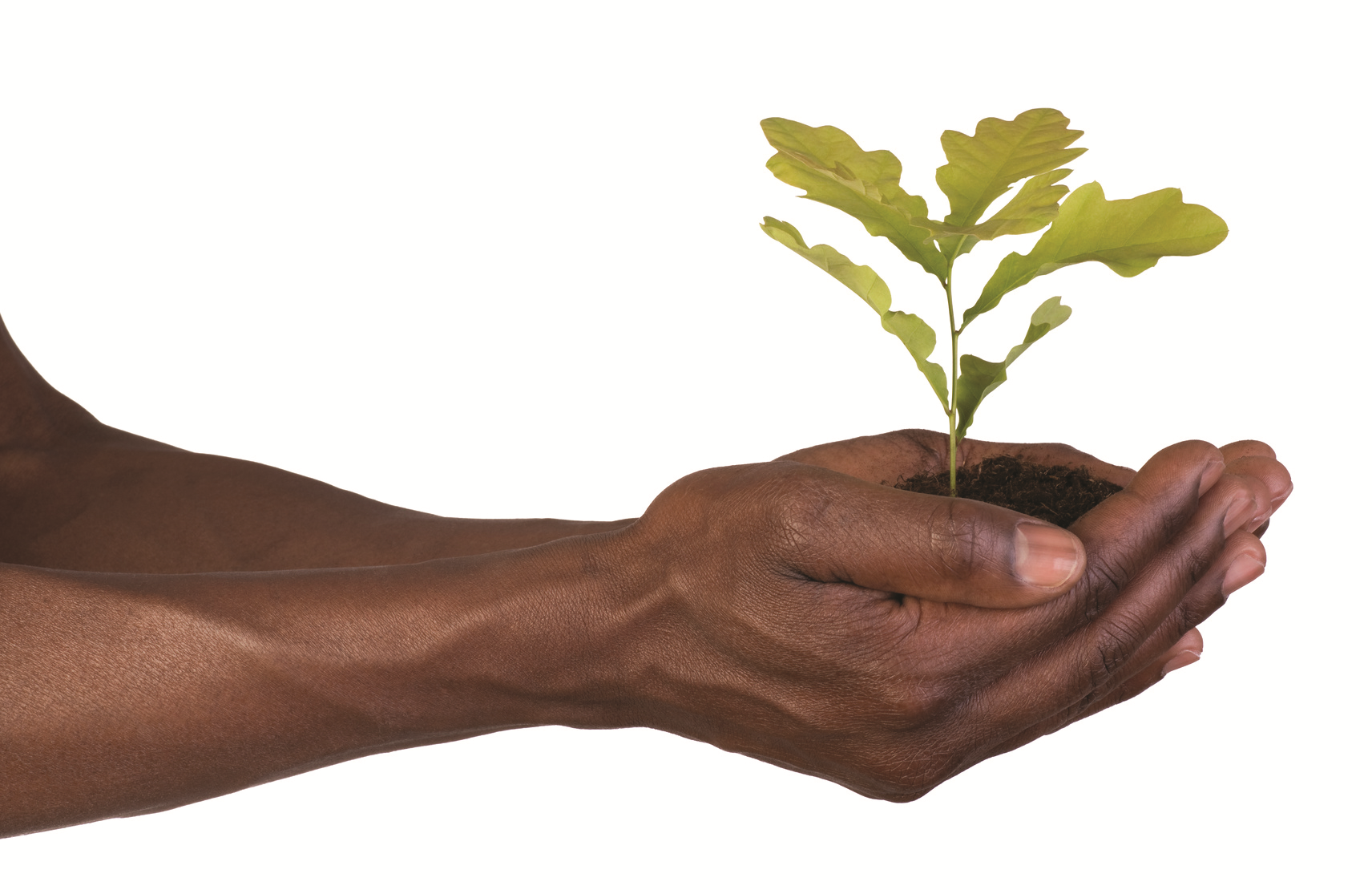Become a Patreon!
Abstract
Excerpted From: Ashley Evans, The Mistreatment of Black-owned Businesses During the First and Second Rounds of the Paycheck Protection Program, 17 Rutgers Business Law Review 107 (Spring, 2022) (244 Footnotes) (Full Document)
 In the United States, almost one year has passed since the implementation of the first state-mandated quarantine following the global outbreak of the coronavirus disease (“COVID”). Since then, few facets of American life have been left untouched. In 2020, the U.S. travel industry declined by 42 percent, with a $500 billion-dollar loss in one year. By the end of 2020, health systems and hospitals estimated a loss of $323.1 billion. The television and online advertising markets are expected to lose $43 billion of revenue growth in 2021.
In the United States, almost one year has passed since the implementation of the first state-mandated quarantine following the global outbreak of the coronavirus disease (“COVID”). Since then, few facets of American life have been left untouched. In 2020, the U.S. travel industry declined by 42 percent, with a $500 billion-dollar loss in one year. By the end of 2020, health systems and hospitals estimated a loss of $323.1 billion. The television and online advertising markets are expected to lose $43 billion of revenue growth in 2021.
Almost a year later, COVID's impact on American small businesses has been extreme. Without the cash cushion and financial support enjoyed by larger businesses, small businesses nationwide struggled to survive. Consumers increased their reliance on online stores and marketplaces, but generally started spending less. Restaurants, retail, and personal services were among the most damaged industries. From February to April 2020, only a two-month window, the United States lost a record-breaking 22%, or 3.3 million, of its active small business owners. In the wake of such economic devastation, Congress quickly assembled the Coronavirus Aid, Relief, and Economic Security Act, also referred to as the CARES Act. Within the CARES Act, Congress established the Paycheck Protection Program (“PPP”).
The CARES Act assigned $350 billion in forgivable loans to the Paycheck Protection Program. The purpose of the loans was to aid small businesses negatively impacted by the effects of COVID between February 15 and June 30, 2020, small businesses being those with less than 500 employees. The PPP application period began, and in only thirteen days, every cent of the $350 billion funding was gone. Congress quickly revived the PPP by allocating an additional $310 billion.
With these additional funds, most small businesses were able to secure the loans they required. Most.
After $660 billion of Paycheck Protection Program financing, a substantial number of minority-owned businesses, especially black-owned businesses, were left with little to none of the funding they needed.
Due to the mismanagement of the program, the difficulty of the application process, and PPP lender discrimination, many Black-owned businesses were excluded from the necessary funding during the first and second rounds of the Paycheck Protection Program.
Part I of this analysis will review the status Black-owned and minority-owned businesses before COVID, detail COVID's effect on these businesses, explore the Paycheck Protection Program's goals, and outline how the program failed Black-owned and minority-owned businesses in general. Part II will list the changes the PPP has undergone in 2021 in response to discrimination allegations and examine the efficacy of the new PPP. Part III will outline how the federal government, corporations, and consumers have supported and can continue to support Black-owned businesses in the coming years.
[. . .]
Black-owned businesses did not receive the assistance they needed during the first and second rounds of the Paycheck Protection Program. Discriminatory lending practices, application confusion, and competition against underserving industries, like charter schools, prevented many Black-owned and minority-owned businesses from securing necessary funds. As the third round of the PPP begins, improvements by the Biden Administration, Congress, and the Small Business Administration show great potential. However, there are still barriers to true equality in the business world. Banking industry discrimination must be addressed. The federal government must increase its support of Black-owned businesses and Black banks. Corporations and consumers must support Black-owned businesses in general.
America was founded on the backs of Blackslaves. Longstanding institutional racism has been a significant obstacle to Black people accumulating generational wealth in this country. For this to change, and for Black-owned businesses to achieve higher levels of success, their businesses must be given equal and fair treatment across all financial industries. This is where it starts.
Juris Doctor recipient, Rutgers Law School - Camden; Rutgers Business Law Review; Rutgers Law Business Review Notes Editor
Become a Patreon!


